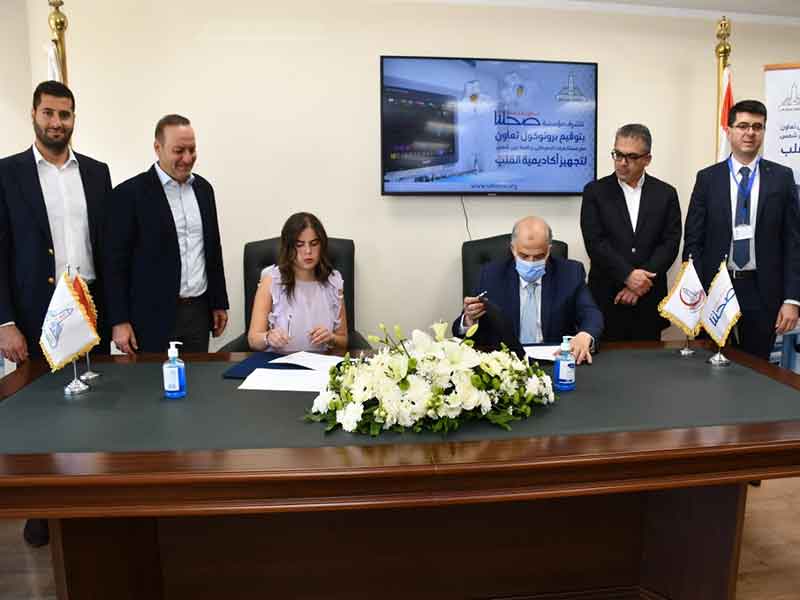Signing a protocol of joint cooperation between Demerdash Hospital and Our Health Foundation
Under the patronage of Prof. Dr. Mahmoud El-Matini, President of Ain Shams University, Prof. Dr. Ashraf Omar, Dean of the Faculty of Medicine and Chairman of the University Hospitals Board of Directors, signed a joint cooperation protocol between Ain Shams University Hospitals "Demerdash" and Our Health Foundation for Development to equip care units at the Heart Academy in Demerdash, the protocol is an annex to the Memorandum of Understanding that was signed between the two parties in December 2018.
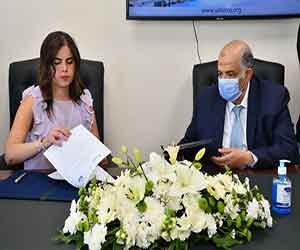 |
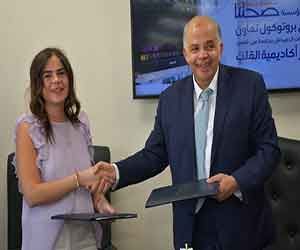 |
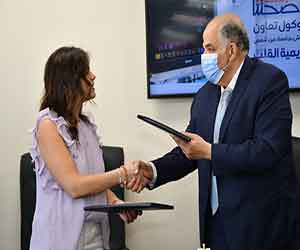 |
||
The protocol signing ceremony was witnessed by Mr. Amr Shaker, Chairman of the Board of Trustees and founder of Our Health Foundation, Prof. Dr. Ali Al-Anwar, Executive Director of Ain Shams University Hospitals, Prof. Dr. Tariq Youssef, Deputy Director of University Hospitals and Director of El Demradash Hospital for Surgery, Prof. Dr. Mohamed Al-Ghannam, Director of the Heart Academy, Mr. Saif Shaker, a founding member of the Board of Trustees of our Health Foundation, Mrs. Lina Shaker, director and founding member of the Board of Trustees of our Health Foundation, and Dr. Rabab Yousef, a consultant to the executive management of the Foundation.
The protocol stipulates that our Health Foundation will contribute to the development of the hospital with the necessary medical equipment according to the hospital’s request and based on its needs to equip intensive care with cardiothoracic surgery (the Heart Academy) at Ain Shams University Hospitals, by providing seventeen beds for intensive care and seventeen beds for patients and all medical equipment attached to them, such as patient monitors, electric shock devices, artificial respiration, and so on, at a cost of nearly fifteen million pounds.
Prof. Dr. Ashraf Omar, Dean of the Faculty of Medicine and Chairman of the Hospitals Board of Directors, explained that the Heart Academy, which is one of the hospitals affiliated with Ain Shams University Hospitals (Demerdash), specialized in diseases of cardiothoracic surgery, provides its services for the treatment of unable patients, which is characterized by its provision of distinguished medical services and the ability to direct and treat complex cases and criticality in these areas through a selection of doctors and consultants specializing in diseases and surgeries of the heart and chest.
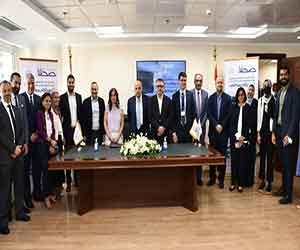 |
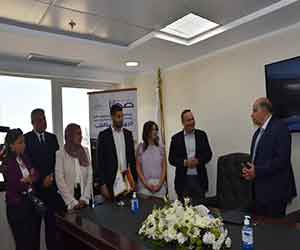 |
He added that it is the first university hospital to obtain accreditation and registration with the High Authority for Accreditation and Health Care GAHAR, which allows the hospital to provide its services within the comprehensive health insurance system 600 pediatric heart surgeries, 400 thoracic surgeries, 200 thoracoscopic surgeries, 100 cerebral catheterization surgeries, the total number of patients benefiting annually is 22,000 cases.
For his part, Mr. Amr Shaker, Chairman of the Board of Trustees of Sehata, stressed that the Foundation looks forward in the coming years to alleviating the suffering of one million patients by the year 2025, by providing a total of five hundred medical solutions.
In order to be able to achieve our goals, we are always keen on strong partnerships that provide us with the necessary support to provide appropriate health services to patients all over Egypt, for this reason, the memorandum of understanding that was signed with Al-Demerdash Hospital, which comes on the background of the previous successes achieved by the partnership between the Sehatna and Al-Demerdash Foundation in providing basic health care services to those who are unable to achieve it, is able to achieve it.
The Foundation has provided Demerdash Hospitals for years with donations of medical devices and equipment, amounting to approximately forty-five million, including the organization’s supply of the new stroke unit in Demerdash and the provision of the necessary medical equipment for the unit, which is scheduled to open during the current year in order to reduce waiting lists for patients in hospitals and alleviate the suffering of those who are unable of stroke patients.
It is worth noting that equipping these units will greatly contribute to accommodating double numbers of patients and urgently reduce waiting lists.


.svg)

